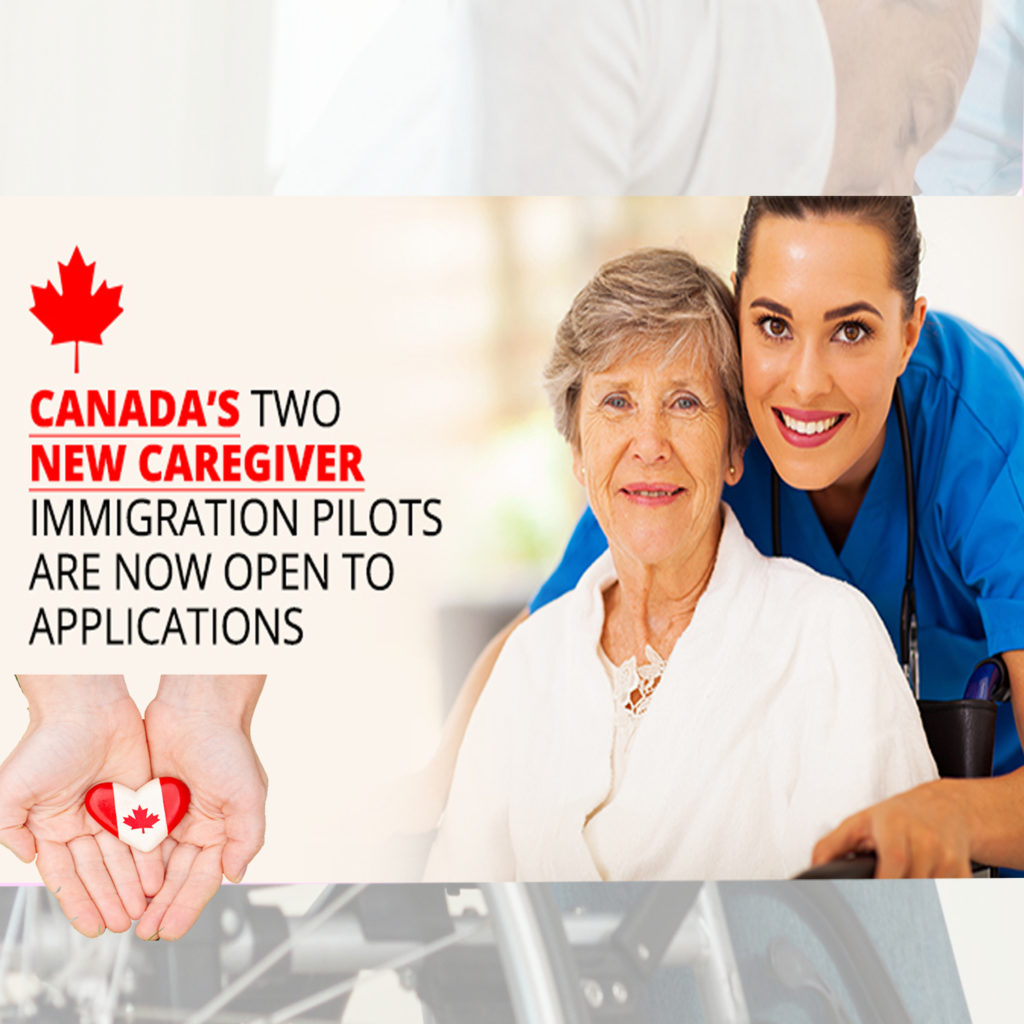From 18 June 2019, the Canadian Govt is all set to accept an application from immigrants on new immigration pilot for caregivers. It sounds like good news for immigrants keen to apply under this category.
The Home Support Worker Pilot and Home Child Care Provider Pilot will be replacing the Caring for Children and Caring for People with Higher Medical Needs pilots. The entire focus will be on providing eligible caregivers. They will be applicable for permanent residence after completing two years of Canadian work experience.
18 June is the last date for all the interested applicants for filing the application to the Caring for Children and Caring for People with High Medical Needs pilots. After this date, the applications through these pilots will not be accepted.
Job offer in Canada is mandatory for the applicants to receive the work permit under the Home Child Care Provider and Home Support Worker, pilots.
The following criteria need to be met with efficacy for immigration pilot for caregivers:
- Language tests results: The scores need to meet a CLB or Canadian Language Benchmark of 5.
- One year of Canadian or foreign (admissible to Canada) post-secondary education
All those caregivers who meet the criteria mentioned above and already working in Canada on a work permit can also apply for permanent residence.
All those caregivers with work experience in National Occupational Classification (NOC) 4411 (excluding foster parents) and NOC 4412 (excluding housekeepers) can also apply for permanent residence under the Home Child Care Provider Pilot.
According to IRCC, the new pilots will be having a 12-month processing standard (work permit applications) and a 6-month processing standard (to apply for permanent residence). But they need to fulfill the work experience requirement.
Major Updates from Caring for Children and Caring for People with High Medical Needs pilots:
The work permits of the applicants have to be occupation-specific and not employer-specific. It is a landmark as the caregivers get the flexibility to change employers. And the best part is that the immediate family of the caregivers will also be entitled to study permits or work permits. Also, the employers will not require an LMIA or Labor Market Impact Assessment when they plan to hire a caregiver from out of the country.
According to IRCC or Immigration, Refugees and Citizenship Canada this step is a beginning of a new era as it offers a clear transition to permanent residency status and help in improving the lives of caregivers and their families. Before applying, it is essential that you Canada’s current caregiver immigration programs Interim Pathway for Caregivers.

